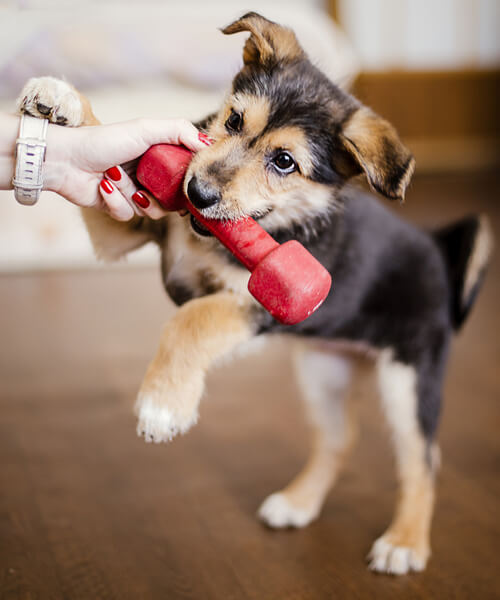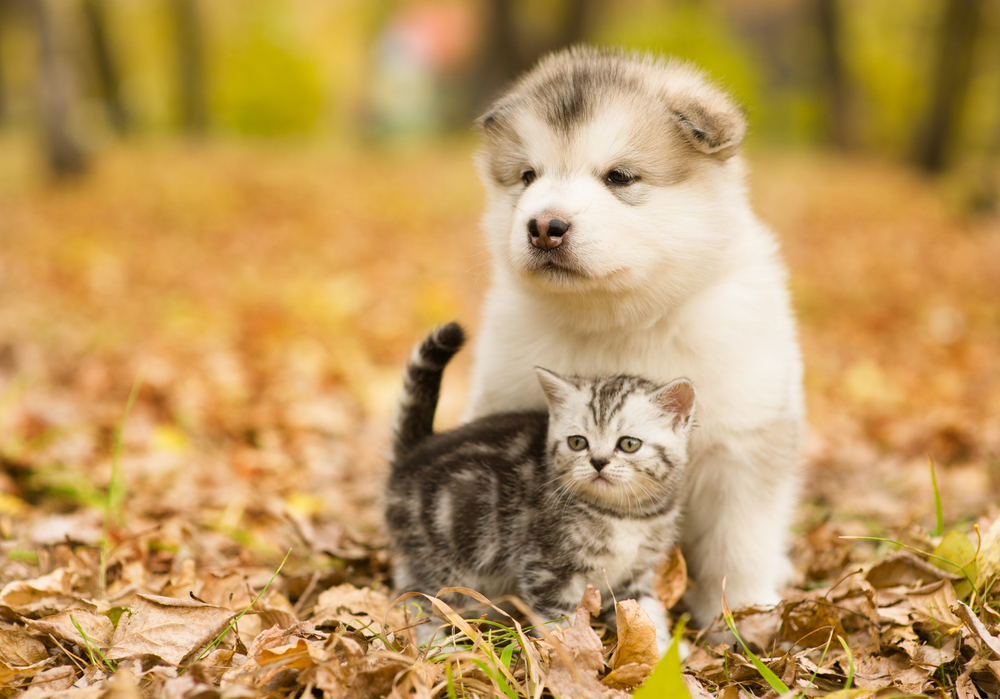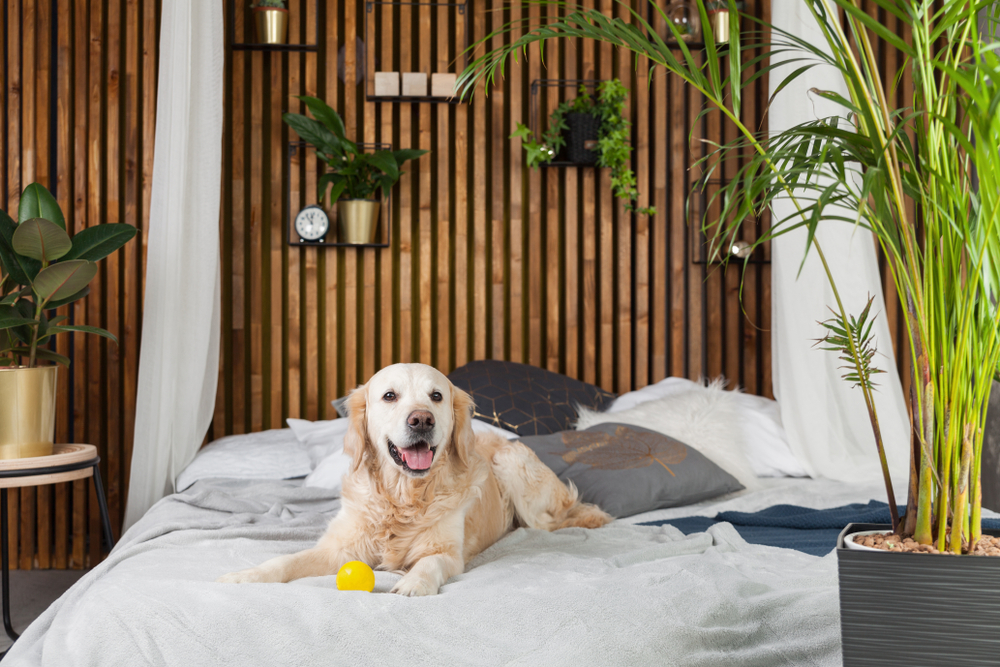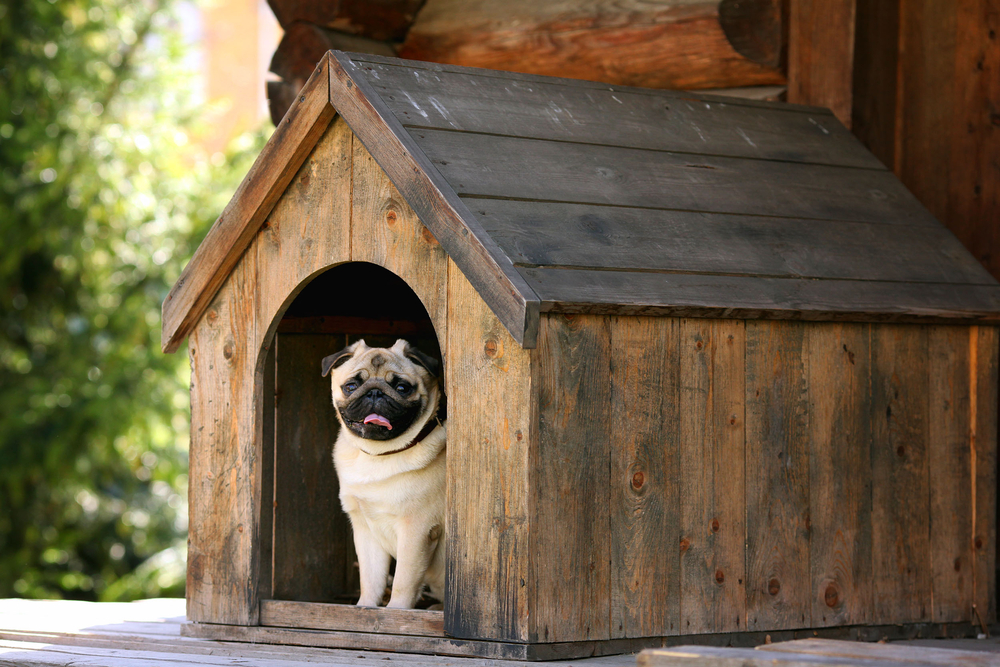Expert Puppy Training in Sydney
The welfare, well-being and health of all dogs residing with Pets Training and Boarding are of the highest importance. To ensure dogs are safe, in every situation, all employees are thoroughly trained in dog behaviour, management and basic first aid.A qualified veterinarian is also on call 24 hours a day, seven days a week. If your pet does become ill during their stay, a veterinarian will be on site immediately.
Pets Training and Boarding is also happy to take calls from clients who may be missing their pets during their stay to update them of their progress. As dog lovers and owners themselves, the team understands the bond you share with your beloved companion.
Pets Training and Boarding can also administer routine medication to your pet during their stay.
Enquire on Dog Boarding
SYDNEY PUPPY TRAINING
Basic puppy training can start the minute your pup arrives home. Dogs love strong leadership and they thrive on training and learning new things.
Teaching your dog ‘manners’ right from the beginning can also help eliminate many behavioural issues in older dogs. Training will strengthen the bond between owner and dog and allow better understanding of the art of ‘responsible dog ownership’.
It’s a good idea to get an understanding of basic training before your puppy arrives home, as pups are not able to attend training classes until they are fully vaccinated (around 16weeks of age). Many veterinary clinics offer puppy-schools that can help with basic-commands and socialization. Pups can normally attend these classes from around eight-10weeks of age.
Puppy school is wonderful, as they will allow pups to interact with other dogs in a safe and sanitized environment. Remembering that while fully unvaccinated, pups are susceptible to many life-threatening diseases. However, socializing is extremely important at a young age, so it can be a bit of a juggling act to ensure your pup is getting socialized, but in a safe environment.

SYDNEY’S TOP PUPPY TRAINERS
Wanting some professional help but don’t know where to look? How can you choose the right dog trainer for your pet? Pets Training & Boarding takes a look at the different types of training and how to choose the best fit for you.
Read more

PUPPY OBEDIENCE
TRAINING
Wondering if your dog requires dog obedience lessons? What are the facts when it comes to training Rover and do all dogs really need training? We explore the importance of training your dog.
Read more
![]()
PUPPY TOILET
TRAINING
Wanting to know how to best train your puppy for toilet training? We explore some basic tips when it comes to successfully toilet training your new puppy.
Read more

PUPPY BEHAVIOUR
TRAINING
Having problems getting your dog to walk nicely on a leash? Pets Training and Boarding takes a look at this common pet problem with some hot tips on leash walking.
Read more
The Importance of Toilet Training Puppies
Toilet training is probably the biggest one to tackle and the most important for owners of small pups. For toilet training many top trainers will advise using a crate or pen area. The reason for this that your pup will want to walk away from their bedding and sleeping area to use the toilet and will let you know that they need to go out.
Understandably most ‘accidents’ occur when owners are not supervising their young dogs and the ‘signals’ they are giving off that the need to go. So, popping pup into this area when you are busy is a good way for your pup to get some much-needed sleep, while also helping with toilet training. Crates/pens also teach your pup that it is OK to be alone sometimes and that you will ALWAYS return. This can help hugely to avoid issues such as separation anxiety.

Unique Dog Training
Courses and Methods
 Safe and secure
Safe and secure
 Internationally Acclaimed
Internationally Acclaimed
Dog Trainer
 We Train with Patience,
We Train with Patience,
Persistence and Praise

Top Tips for Puppy Training
Puppies will also go through a ‘fear period’ from eight to 11 weeks. Ensuring your dog has positive experiences during these critical weeks is very important in preventing problems later down the track. A pup that is severely scared during this time will hang onto that anxiety well into their dog years. That fear could be anything – children, other dogs, loud noises, cars, or even a feather! So always be considerate to what the pup is being exposed to. Only allow positive experiences. Always supervise children and discourage them from picking-up the puppy. Rather; ask the child to sit and allow the pup to snuggle in their lap.
Puppy Training Tips
- Excessive Barking – enrich your dog’s environment with boredom busters like treat balls and kongs. Give your dog a daily challenge to keep them occupied and ensure you are exercising adequately.
- Jumping – do not make a fuss of your pup when you arrive home just completely ignore them and turn your back until they are quiet. When guests come visit, pop a leash on your pup and ask them to ‘sit’ and ‘stay’ reward for good calm behaviour. Ask your guests to only praise your pup when they are calm.
- Aggression – all aggression issues should be seen by a professional dog handler to help understand what the aggression is caused from. However; with food aggression, the best tip is to start young. Encourage your children to play the ‘pick up after pup’ game where they pick up the spilled biscuits and put them back in pup’s bowl as he eats. Teaching your young pup that having hands in food while they are eating is not a big deal is very important. Also take bones and toys away from your young pup (remember to give them back). Prevention is the best cure for any food aggression in dogs.
- @ The Vet – Being able to examine a well-trained dog makes the task much easier on your vet. Being able to confidently ask the dog to ‘sit’ and ‘stay’ for thing such as blood tests is very valuable. Dogs that are not well-trained can easily become fearful during stressful situations, such as a trip to the vet. A dog that looks to you as their strong, solid leader is confident that they are OK when placed in an uncomfortable situation. Training not only gets you and your pup working as a team, it also screams to your dog that you are a top leader, and a solid rock of confidence. In other words; they will look to you for comfort during a scary situation, instead of trying to deal with it themselves.
Training commands that can help during veterinary examinations;
- Fingers in the mouth. Teach your dog that it is OK for people to touch their mouths. Makes a dental check-up much easier and more thorough.
- Fingers in toes. Teach your pup and dog it is also OK to touch their paws. This can help during examinations for grass seeds, nail issues and even allergies. Dogs that allow people to touch their paws also find nail clipping a breeze.
- Sit, Drop, Stay. Being able to ask your dog to sit, drop and stay can help hugely during an examination. Some dogs are so good that they don’t even require sedation during x-rays.




